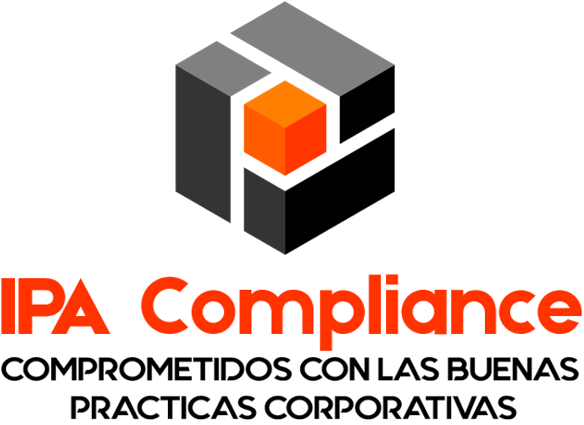LAW N┬░20.393
Law No. 20,393, on Criminal Liability of Legal Entities, enacted on December 2, 2009, as a sine qua non condition for Chile to become a member of the Organization for Economic Cooperation and Development (OECD), changed the rules of the game in the field of criminal liability of Legal Entities, since from that moment on, not only their representatives but also the Entities themselves would be susceptible to have a legal standing as defendants and being subject to criminal charges, with penalties that may entail, among others, their dissolution or the prohibition of entering into contracts with the State.
The above change was in line with the current practice of developed countries and involved raising the standards required of Legal Entities in terms of prevention, detection and response to the risks of committing the crimes contemplated in the Law, including Money Laundering, Financing of Terrorism, Bribery of a Public Official, Receipt of Stolen Goods, Dealings Involving Conflict of Interest, Bribery, Misappropriation, Criminal Management, Water Pollution, Illegal Activities on Prohibited Products, Illegal Activities on the Seabed, Illegal Activities with respect to Overexploited Products, Violation of Health Regulations, Human Trafficking, Illegal Possession of Weapons, Illegal Logging and Possession of Timber and Cyber Crimes. Law No. 21,595 (Environmental and Economic Crimes) enacted on August 17, 2023, established new requirements for prevention and management of criminal risks models, providing for substantive changes to Law No. 20,393 (as of September 1st, 2024). Among the most relevant changes are: The increase to more than 200 of the number of crimes for which legal entities may be liable (divided into four categories), expansion of the scope of the Law to new entities (e.g.: political parties), increase in the hypotheses of liability for acts committed by collaborators and third parties, the mandatory periodic audits of the model by independent third parties, the concept of the supervisor, a new regime of fines (fine days) and the confiscation. Therefore, new risk surveys must be carried out by legal entities and also strategic partners for the periodic monitoring and audits of prevention systems with experience in the field must be appointed, as is the case of IPA COMPLIANCE.
Having a Crime Prevention Model implemented is no longer a luxury since Stakeholders and various current actors demand a greater commitment from Entities and Institutions regarding good practices and the prevention of corruption. Hence, it is essential that they foster, not only compliance with the Law but also ethical actions and a culture of compliance. This will contribute to adding value to the firm and safeguarding the greatest asset they have: Their Reputation.
As a strategic partner, IPA Compliance can substantially support your organization to achieve this goal.

